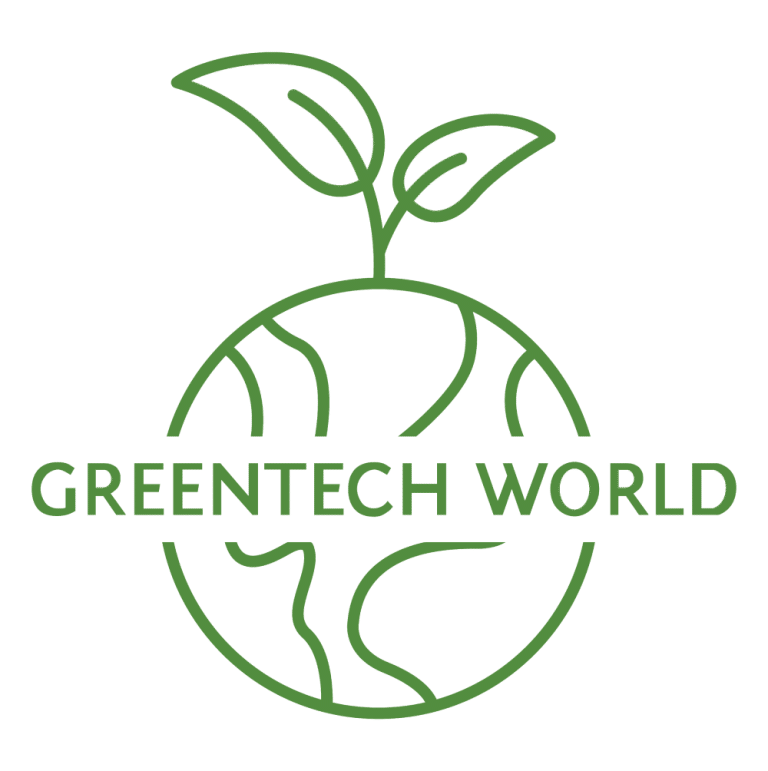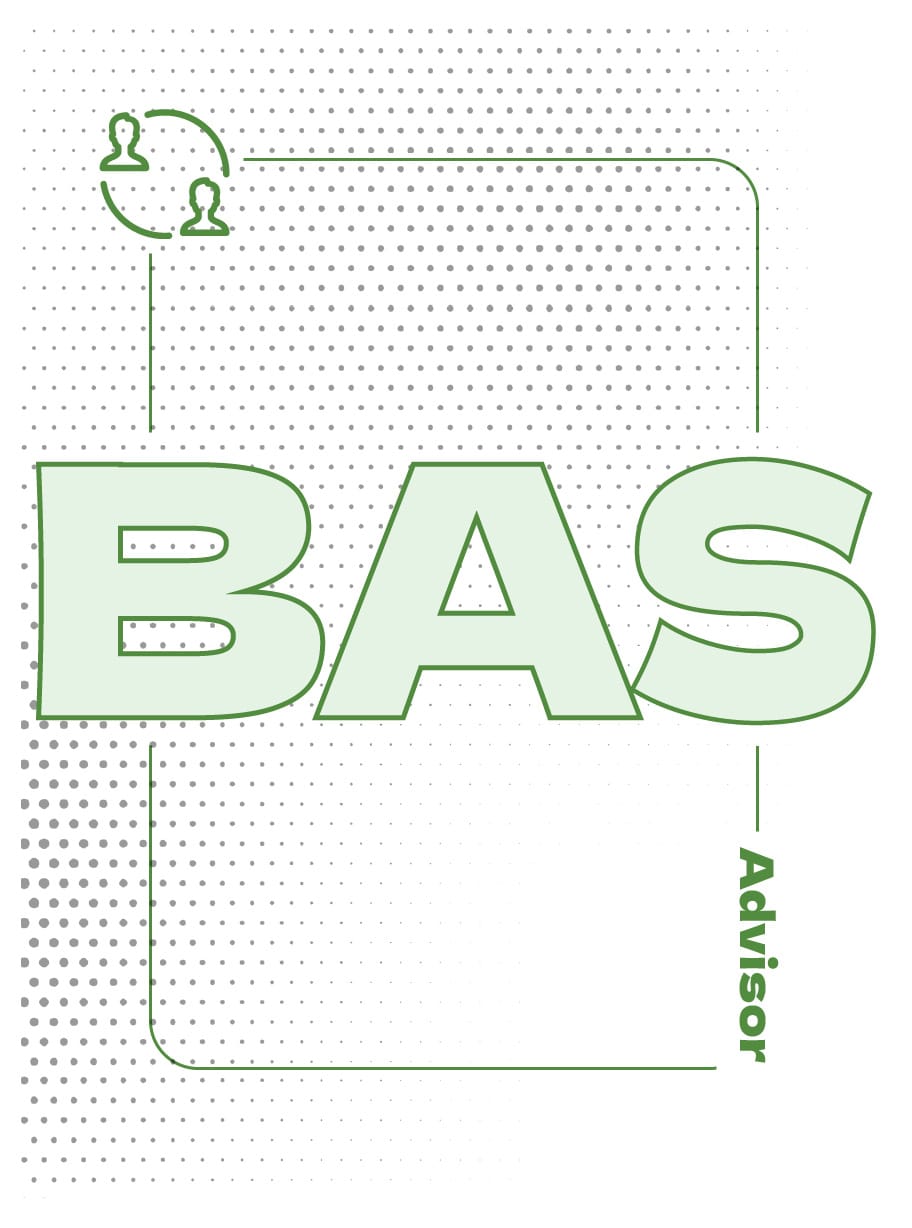- About Dr Bradley A. Saville
University of Alberta , B.Sc., Chemical Engineering, 1985
University of Alberta Ph.D., Chemical Engineering, 1989
- Full Professor, Department of Chemical, Engineering and Applied Chemistry, University of Toronto.
- Design, financial and environmental evaluation of facilities for production of renewable fuels, renewable energy, and high value bioproducts.
- Starch and biomass processing, biomass pretreatment, bioseparations, process design, and economics.
- Bioprocess/biochemical engineering, bioreactor design and optimization for biofuels and bioproducts such as sweeteners, oligosaccharides, polyols and biopolymers.
- Life cycle assessment, technoeconomic assessment, financial and environmental evaluation of processes and products.
- Process modelling.
- Enzyme technology, immobilized enzymes, reaction kinetics, enzymatic hydrolysis.
- Research in the fields of bioproducts, biofuels, and bioprocessing, encompassing over 300 publications, presentations, technical reports, contract reports, and patents, reflecting a diverse yet interconnected range of technical research activities.
- The first research area relates to bioprocess design for various bioproducts, including biofuels and biochemicals, using biomass pre-treatment, enzymatic and microbial processes, and bioseparations. Activity in this area has encompassed evaluation of pretreatment processes and conditions for poplar, mixed hardwoods, eucalyptus, sugar cane bagasse, and agricultural residues, typically based upon autohydrolysis using steam and/or hot water. This is followed by downstream conversion of pretreated solids and liquid extracts into bioproducts, and product purification.
- The second area of research and expertise relates to process design, economics and life cycle assessment of various biofuels and bioproducts. This work has led to a large number of technical reports for Government agencies, private companies and lending institutions via due diligence and feasibility studies. This includes serving as a technical expert on the Fuels Task Group with the International Civil Aviation Organization (ICAO).
- Current activity in this area includes development of process models in Aspen Plus, Technoeconomic Assessment of bioprocesses, and Life Cycle Assessment using GREET, GHGenius, and other internally developed life cycle models.
Project themes include:
- Financial and GHG impacts of sustainable aviation fuel (SAF) production from biomass and oilseeds, considering various process technologies, hydrogen sources, and feedstocks.
- Financial and GHG implications of value-added co-products on biofuel production.
- Feedstock mapping and evaluation of suitable locations for biofuels production facilities, including sustainable aviation fuels and renewable diesel facilities from waste fats and oils, canola, camelina, and carinata, and SAF production from crop and forest residues.
- Impacts and benefits of co-location feedstock processing facilities and upstream processes such as pulp mills and ethanol facilities.
- A strategic assessment of co-products and their impacts on GHG emissions of facilities producing lignocellulosic biofuels from hardwoods and crop residues.
- The impact of wood pellet production on life cycle GHG emissions of electricity generation, and comparison to coal-fired generation.
- Techno-economic assessment and life cycle assessment of pathways to produce low carbon intensity and renewable hydrogen via advanced technologies.
- The technical and economic impacts and life cycle GHG emissions of anaerobic digestion of organic wastes.
- Roadmaps for deployment of renewable jet fuel, and diesel/gasoline alternatives, including resource assessments, technical readiness, financial viability, and GHG impacts.

